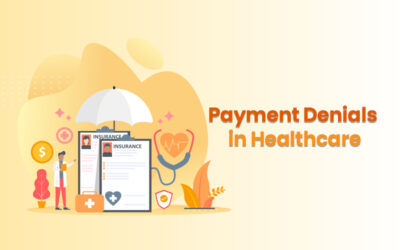The Affordable Care Act (ACA) improved Americans’ access to healthcare, but a recent report in the New York Times highlights the fact that many people may be still underinsured. This makes medical eligibility verification all the more important for healthcare providers.
Underinsurance, according to the Commonwealth Fund’s definition is a situation where an individual’s out-of-pocket health care costs exceed 10 percent of income (5 percent when income is less than 200 percent of the federal poverty line), or his/her insurance deductible is more than 5 percent of income. Going by this definition, reports indicate that the number of uninsured Americans has risen by 80 percent from 2003 to 2010.
The ACA exchanges offer different types of insurance plans such as bronze, silver and gold with varying actuarial value – the proportion of the cost of care that the plan will cover. For instance, if a plan has an actuarial value of 60 percent, the remaining 40 percent is what the patient will have to pay as deductibles. Obviously, plans with a higher actuarial value and lower deductibles cost more. This means that an insurance verification specialist should focus on checking the actuarial value of patients’ plans. This will allow medical practices to plan suitable strategies to collect patients’ out-of-pocket costs, which in addition to deductibles includes copays and coinsurance.
According to the findings of a study published in 2015 by the National Center for Health Statistics, in 2014, 24% of people under age 65 with private health insurance were enrolled in high-deductible health plans and another 13% in high-deductible plans with health savings accounts. Companies that outsource medical billing services offer comprehensive revenue cycle management solutions covering everything from patient enrolment and insurance authorization services to billing and collecting payments from patients.
It remains to be seen how the Trump administration’s plans to repeal and replace Obamacare will affect beneficiaries, insurers, and healthcare providers. Regardless of the changes that take place, patient eligibility verification will be crucial for practices to survive in the evolving exchange marketplace.




